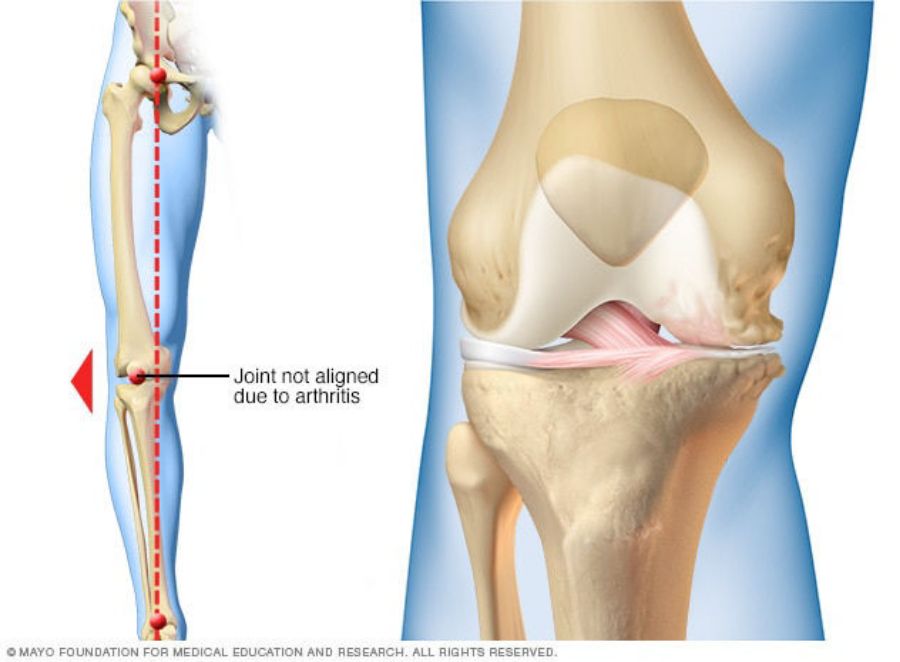The Genutrain knee support is made of anatomical knitted material and has an integrated elastic insert for a precise fit. The Genutran Knee Brace comes in comfortable, lightweight support that provides the right amount of compression to relieve knee pain and swelling and increase knee strength. It also stabilizes the knee, aiding in pain relief and promoting proper movement and mobility. The brace is ideal for active seniors as well as younger individuals.
Knee bracing, also called knee support braces, are an effective treatment for osteoarthritis of the knee (osteoarthritis affects the hips, knees, and ankles). Knee bracing, like all protective equipment, must be appropriately used to obtain the best results. It is essential to wear the correct size. Younger people may need to wear a smaller size than an older adult to ensure optimal protection. Wearing the right support for the most significant amount of time helps maintain bone stability and prevents excessive wear and tear.
Knee braces can be useful, providing relief from pain, swelling, and mobility. These products are not recommended for use in conjunction with an athletic shoe, such as running shoes, as they do not provide adequate shock absorption to reduce jarring on the knee. For this reason, they are not the right choice for athletes who perform physical therapy and strength training. Proper fitting footwear is necessary for an effective knee brace. Some knee braces have padding for extra comfort and skinniness.
Braces come in various materials and styles. The Genutrain knee brace, made of breathable fabric, has been shown to provide adequate support. The Biofinity, made of a flexible elastomeric material, provides excellent blood circulation to the area. All bracing offers excellent support and minimal restriction, but the type and quality of the material used will determine how well it works.
An important decision for those considering purchasing knee braces is the location of the brace. Many patients prefer to wear them close to the knee, but others do not like this idea. This is because close proximity can cause undue pressure on the muscles and tendons of the knee's inner side. Wearing a brace further away from the knee allows more space between the skin and the tissues of the knee's inner side.
Wearing a brace over the years can sometimes cause excessive pain. Braces are not a cure for osteoarthritis, but their addition can alleviate some of the symptoms. Osteoarthritis can be extremely painful. Wearing a brace provides some measure of relief for the pain.
Wearing braces does not need to be uncomfortable. Knee straps are available that are comfortable and promote blood flow to the knee. Some straps are made of neoprene, which is more comfortable than standard cloth straps and allows more blood to circulate to the knee. These can be worn both when exercising, as well as every day.
The advantages of a knee brace are many. They can be used to treat a wide variety of ailments, including but not limited to: arthritic patellar pain, tendinitis (injury to the tendon and muscle surrounding the knee), Osgood Schlatter (a condition where the tendons of the quadriceps get inflamed and lose their strength), patellar chondromalacia, patellar kneecap problems and shin splints (a minor strain to the front of the shin bone). Wearing a brace helps many people maintain their independence and physical fitness. Knee bracing is usually not recommended as the first treatment for any one of these conditions, but if your doctor feels you should use it to treat one of them, he or she will tell you if it is a suitable treatment plan.
.png)


 Canadian Dollar
Canadian Dollar  US Dollar
US Dollar 































.png)
